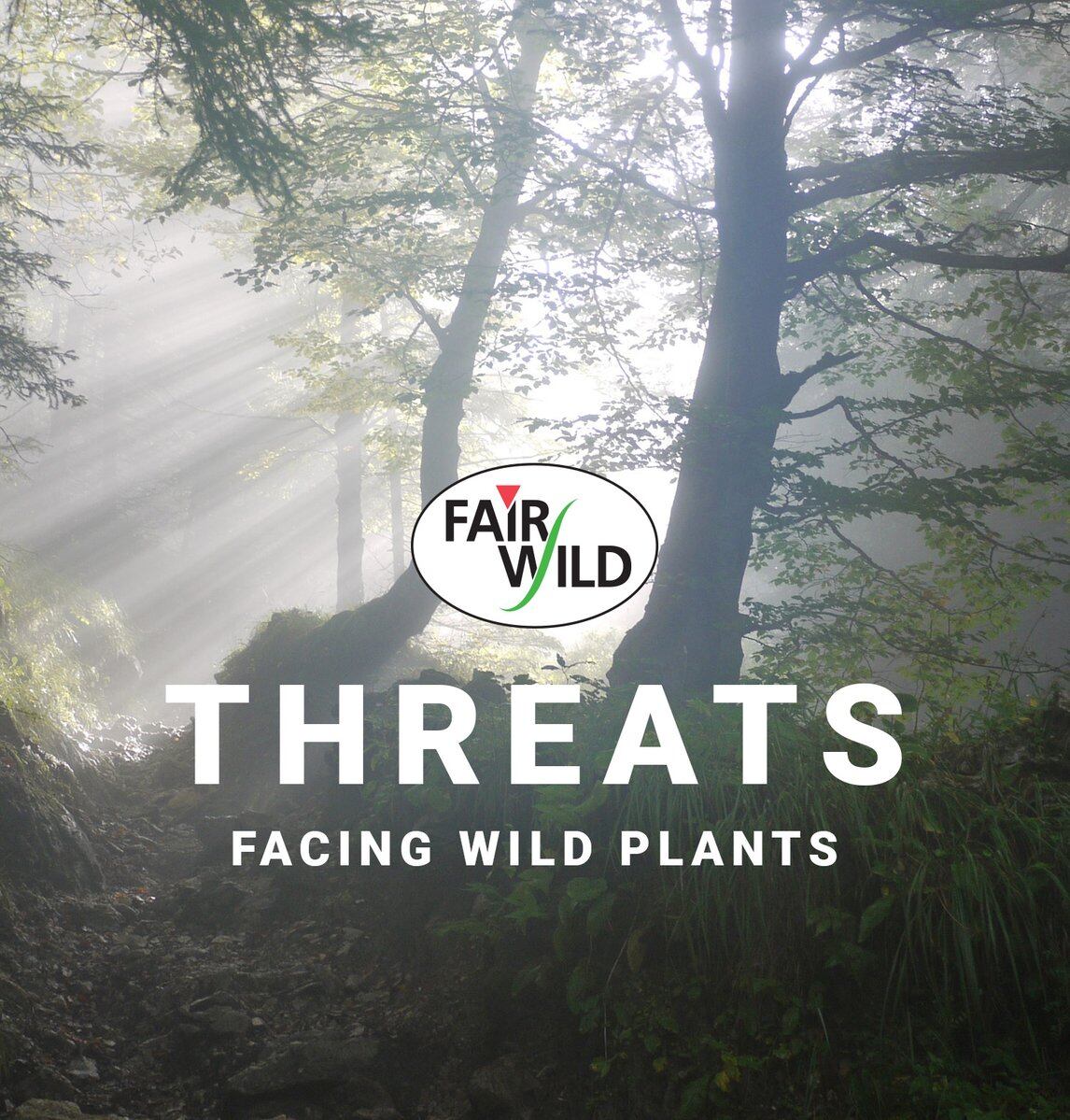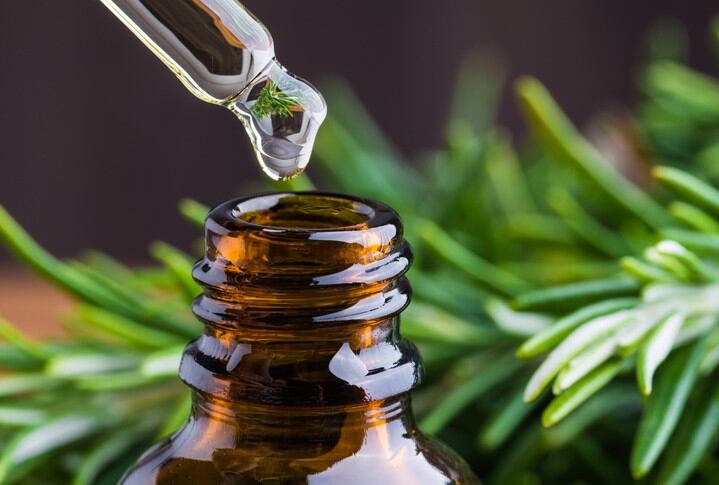Peru Balsam is used as an ingredient in flavors in the form of an extract. More well-known for its uses in perfumery, it does not currently have a high awareness in the food industry – something IFF-LMR plans to change.
“We are hoping to raise awareness in the food sector,” LMR Naturals Technical Director Marc Philippe told FoodNavigator. “Peru Balsam is used in brown notes such as vanilla, chocolate, nuts, toffee or others. It is warm, sensual and brings roundness, complexity, long-lastingness and naturalness to a flavour.”
Sustainable sourcing and FairWild certification

LMR’s sustainable sourcing message is an important part of raising awareness and the company recently gained FairWild certification for its Peru Balsam from el Salvador.
The certification recognises the LMR’s commitment to conserving natural resources, sustainable harvesting processes and fair working conditions. Once the harvest is complete, this will be the first FairWild-certified flavour or fragrance ingredient to be commercially available globally, the company noted.
Established in 2008, the FairWild Foundation promotes the sustainable use of wild-collected ingredients, with a fair deal for those involved throughout the supply chain.
Alexandra Kraus, responsible sourcing manager at IFF, elaborated: “The Fair Wild certification was established in response to the major ecological and social challenges created by the ever-increasing demand for wild plant ingredients.
“Fair Wild closes a gap not covered by other standards and certification systems. It is important because all other certifications focus on cultivated plants; this is a certification tailor-made for wild collections. Its standards ensure the continued use and long-term survival of wild species and populations in their habitats. It supports our commitment to conserving natural resources, sustainable harvesting processes and fair working conditions,” he told FoodNavigator.
FairWild Standards aim to ensure the continued use and long-term survival of wild species and populations in their habitats, while respecting traditions and cultures, and supporting the livelihoods of stakeholders.
Peru Balsam only exists in the wild. “As most of the wild harvested plants are important species, the best means to protect them is through the certification process. FairWild is specifically made for such species and this is how we ensure the conservation of the ingredient and a better livelihood for all stakeholders,” Kraus elaborated.
The responsible sourcing expert believes that this certification brings together two elements that consumers are increasingly interested in: building fairness in the supply chain by promoting fair trade and protecting biodiversity.
“Consumers are very aware of the concept of fair trade. They find biodiversity conservation important for their well-being. This certification is a combined effort to support fair trade and the conservation of biodiversity. In providing this of fering, we are increasing awareness and giving consumers a mechanism to contribute to this cause.”
In addition to achieving FairWild certification for wild-collected Peru Balsam, the company has seven Fair for Life certified supply chains for natural ingredients, signalling the adoption of fair trade and responsible supply chains. These include: rose harvested in Turkey, vetiver from Haiti, geranium oil from Egypt, patchouli and ylang ylang from Madagascar, patchouli from Indonesia, citronella from Togo, and in France, orris and blackcurrant bud.
IFF-LMR’s operational facilities in Grasse and Aumont-Aubrac are also For Life certified.

